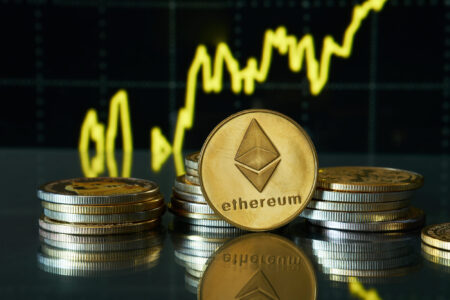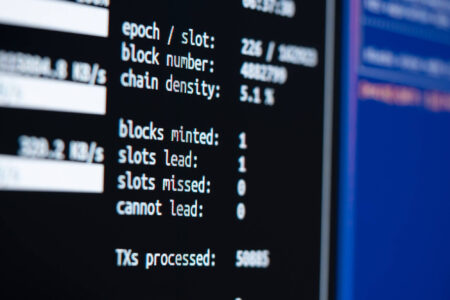In the context of blockchain technology, "gas" refers to a unit of measurement for the computational work required to process and validate transactions and smart contracts in a blockchain network.
On the Ethereum network, gas is denoted and expressed in Gwei (fraction of an Ether). This fee must be paid for each transaction or execution of a smart contract. The more complex the interaction with the blockchain, the more gas units are consumed.
Properties of Ethereum gas
Firstly, gas acts as a fee that users must pay to perform operations on the blockchain. When sending cryptocurrencies, interacting with decentralized applications (dApps) or using smart contracts, users must provide a certain amount of gas to incentivize validators to process their transactions. The more complex or resource-intensive the process, the higher the gas fee required. This fee system helps to prevent network abuse and spam and ensures that participants have a legitimate interest in the efficient operation of the network.
Secondly, gas also plays a role in prioritizing transactions within the blockchain queue. Users can set higher gas fees to speed up the processing of their transactions. This makes it more likely that they will be included in the next block. Miners and validators have an incentive to favor transactions with higher gas fees, as this increases their potential earnings. This mechanism ensures that the blockchain network remains efficient and responsive even in times of high demand.









